by Henry A. Giroux
Contributing editor
Donald Trump’s firing of James Comey as the director of the FBI has caused a firestorm around the country, but for the wrong reasons. Rather than see Trump’s actions as another example of the unraveling of a lawless and crooked government, the mainstream press largely focused on the question of whether Trump or Comey are lying. Even worse, the debate in some quarters has degenerated into the personal issue and question of whose side one is on regarding the testimony. Testifying before a Senate Intelligence Committee, Comey claimed that in meetings with the president, Trump had not only asked him if he wanted to keep his job, but also demanded what amounted to a loyalty pledge from him. Comey saw these interventions as an attempt to develop a patronage relationship with him and viewed them as part of a larger attempt to derail an FBI investigation into National Security Adviser Michael Flynn’s links to Russia. What Comey implies but does not state directly is that Trump wanted to turn the FBI into the loyal arm and accomplished agent of corrupt political power.
Comey also stated that he did not want to be alone with the president, going so far as to ask Jeff Sessions, the Attorney General to make sure in the future that such meetings would not take place because he did not trust Trump. Comey also accused Trump of lying about the FBI being in disarray, slandering him, and misrepresenting the reasons for his firing. And most importantly, Trump had possibly engaged in an obstruction of justice. In fact, Comey was so distrustful of Trump that he took notes of his exchanges with him and leaked the content of some of the memos to a friend at Columbia University who passed on the contents to a reporter at The New York Times. Comey stated outright he leaked the information because he thought Trump would lie about their conversations and that he wanted to prompt the appointment of a special counsel.
Suffering from what appears to be malignant narcissism and a pathological contempt for the truth, Trump has tweeted that Comey’s testimony had vindicated him and that Comey was a liar and a leaker. Of course, Trump made no mention of the fact that Comey leaked non-classified information because he did not trust anyone at the Department of Justice, especially since it was led by Trump’s crony, Jeff Sessions. Since it goes without question that Trump is a serial liar, there is a certain irony in Trump accusing Comey, a lifelong Republican and highly respected director of the FBI, of lying. As Mehdi Hasan, appearing on Democracy Now, observes:
From a political point of view, we know that one of the biggest flaws in Donald Trump’s presidency, his candidacy, his ability to be president, is that he’s a serial fabricator. Now you have the former top law enforcement officer of this country going in front of the Senate, under oath, saying he—that, you know, “Those are lies, plain and simple,” he said, referring to Trump’s description of his firing. He said, “I was worried he would lie.” He says, “I was worried about the nature of the man.” …And there was a quite funny tweet that went viral last night, which said, you know, “Trump is saying he’s a liar. Comey is saying Trump’s a liar. Well, who do you believe? Do you believe an FBI director who served under two—who served under three presidents from two parties? Or do you believe the guy who said Obama was born in Kenya? And, you know, that’s what faces us today.” [1]
Let’s be clear. Trump is a salesman and a bully. He constantly assumes the macho swagger of a loud TV used car salesman in an annoying commercial while at the same time, as Rebecca Solnit observes, he bullies facts and truths as well as friends and acquaintances. He is obsessed with power and prides himself on the language of command, loyalty, and humiliation. His biggest fear is that the United States still retains the memory of a real democracy.
Trump cannot be trusted because he not only infects political discourse with a discourse of hate, bigotry, and lies, but also because he has allowed an ideology to take over the White House built on the use of a species of fake news in which the truth is distorted for ideological, political, or commercial reasons. Under the Trump administration, lying and fake news have become an industry and tool of power. All administrations and governments lie, but under Trump lying has become normalized, a calling card for corruption and lawlessness, one that provides the foundation for authoritarianism.
A democracy cannot exist without informed citizens and public spheres and educational apparatuses that uphold standards of truth, honesty, evidence, facts, and justice. Under Trump, fake news has become a weaponized policy for legitimating ignorance and civic illiteracy. Not only has Trump lied repeatedly, he has attacked the critical media, claimed journalists are enemies of the American people, and argued that the media is the opposition party. There is more at stake here than the threat of censorship or the normalization of lying, there is also an attack on traditional sources of information and the public spheres that produce them. Trump’s government has become a powerful disimagination machine in which the distinction between fact and fiction, reality and fantasy are erased. Trump has democratized the flow of disinformation and in doing so has aligned himself with a culture of immediacy, sensationalism, and theater where thoughtful reading, informed judgments, and a respect for the facts disappear. Trump’s propagation of fake news as a way to discredit facts, if not thinking itself, operates in the service of violence because it infantilizes and depoliticizes the wider public creating what Viktor Frankl has called in a different context, “the mask of nihilism.”[2] Trump capitalizes on a digital culture of immediacy and short attention spans in which complexity collapses in a barrage of tweets and the need for a narrative that offers a sense of consistency, a respite from fear, and a vision of the future in which people no longer experience a sense of invisibility.
Trump’s attack on Comey goes beyond a personal insult and act of egregious lying if not an obstruction of justice, it is also a register of his attempt to discredit criticism and the shared public reality among institutions that is central to a democracy. In an age in which the dissolution of public goods and the public sphere have been underway since the late 1970s, Trump attempts to both depoliticize and bind the American people through a kind of dystopian legitimacy in which words no longer matter and anything can be said functions largely to undermine the capacity for truth telling and political speech itself. Under the Trump regime, consistent narratives rooted in forms of civic illiteracy and a deep distrust of the truth and the ethical imagination have become the glue of authoritarian power. All of which is reinforced by a disdain for measured arguments, an embrace of the spectacle, and an alignment with a banal theater of celebrity culture. In this context, rumors are more important than truth telling and in this theater of the absurd society loses its auto-immune system as a safeguard against lies, corruption, and authoritarianism. In a culture of short attention spans, Trump provides the lies and theater that offer up a tsunami of misrepresentations and values in which thinking is done by others, power is exercised by a ruling elite, and people are urged to dispense narrating their own experiences and give up their ability to govern rather than be governed. Trump offers his followers a world in which nothing is connected, diversion functions as theater, destabilized perceptions reinforce a politics that turns into a pathology and community becomes dystopian, unconnected to any viable democratic reality.
Roger Berkowitz in a brilliant analysis of Trump and his followers that draws upon the work of Hannah Arendt argues that his supporters don’t care about his lies or immunity to facts. What they prefer is a consistent narrative of a reality in which they are a part. Berkowitz is worth citing at length. He writes:
The reason fact-checking is ineffective today — at least in convincing those who are members of movements — is that the mobilized members of a movement are confounded by a world resistant to their wishes and prefer the promise of a consistent alternate world to reality. When Donald Trump says he’s going to build a wall to protect our borders, he is not making a factual statement that an actual wall will actually protect our borders; he is signaling a politically incorrect willingness to put America first. When he says that there was massive voter fraud or boasts about the size of his inauguration crowd, he is not speaking about actual facts, but is insisting that his election was legitimate. ‘What convinces masses are not facts, and not even invented facts, but only the consistency of the system of which they are presumably part.’ Leaders of these mass totalitarian movements do not need to believe in the truth of their lies and ideological clichés. The point of their fabrications is not to establish facts, but to create a coherent fictional reality. What a movement demands of its leaders is the articulation of a consistent narrative combined with the ability to abolish the capacity for distinguishing between truth and falsehood, between reality and fiction.[3]
As important as the Trump-Comey affair is, it runs the risk of both turning politics into theater and reinforcing what Todd Gitlin refers to as Trump’s support for an “apocalyptic nationalism, the point of which is to belong, not to believe. You belong by affirming. To win, you don’t need reasons anymore, only power.”[4] Trump values loyalty over integrity and he lies in part to test the loyalty of those who both follow him and align themselves with his power. The Trump-Comey affair must be understood within a broader attack on the fundamentals of education, critical modes of agency, and democracy itself. This is especially important at a time when the United States is no longer a functioning democracy and is in the presence of what Zygmunt Bauman and Leonidas Donskis refer to as “the emergence of modern barbarity.”[5] Trump’s discourse of lies, misrepresentations, and fakery give new meaning to what it means to acknowledge that education is at the center of politics because it is crucial in the struggle over consciousness, values, identity, and agency. Ignorance in the service of education targets the darkness and reinforces and thrives on civic illiteracy. Trump’s fake news machine is about more than lying, it is about using all of the tools and resources for education to create a dystopia in which authoritarianism exercises the raw power of ignorance and control.
Artists, educators, young people, and others need to make the virtue of truth-telling visible again. We need to connect democracy with a notion of truth-telling and consciousness that is on the side of economic and political justice, and democracy itself. If we are going to fight for and with the powerless, we have to understand their needs, speak to and with them in a language mutually understandable, and create narratives in which they can both identify themselves and the conditions through which power and oppression bear down on their lives. This is not an easy task, but nothing less than justice, democracy, and the planet itself are at risk.
[1] Amy Goodman, “Is the President a “Serial Fabricator”? Fired FBI Director Comey Says Trump Repeatedly Lies,” Democracy Now (June 9, 2017). Online: https://www.democracynow.org/2017/6/9/is_the_president_a_serial_fabricator
[2] Tom McWilliam, “Death of the Word?,” Arena Magazine, Issue No. 134, (April/May 2015), 41.
[3] Roger Berkowitz, “Why Arendt Matters: Revisiting “the Origins of Totalitarianism”,” Los Angeles Review of Books, [March 18, 2017].Online: https://lareviewofbooks.org/article/arendt-matters-revisiting-origins-totalitarianism/
[4] Todd Gitlin, “The Management of Unleashed Insanity,” CommonDreams (March 17, 2017). Online: http://www.commondreams.org/views/2017/03/17/management-unleashed-insanity
[5] Zygmunt Bauman and Leonidas Donskis, Liquid Evil (London: Polity, 2016), p. 79.
Source:
http://ragazine.cc/2017/06/henry-giroux-trump-vs-comey/
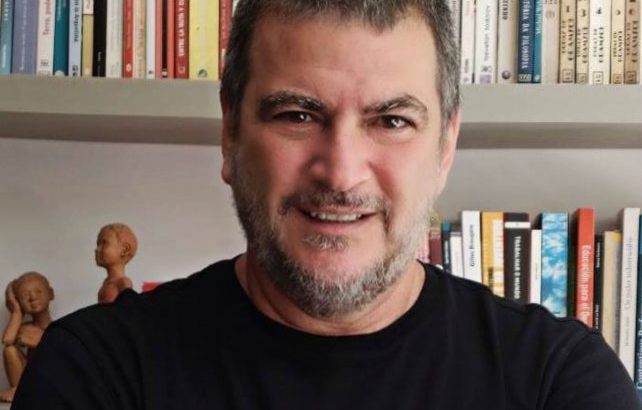


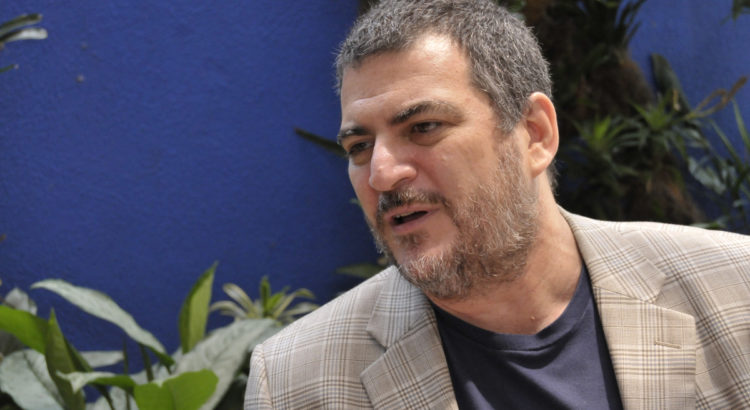
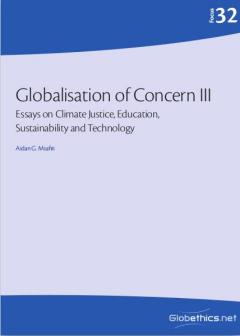
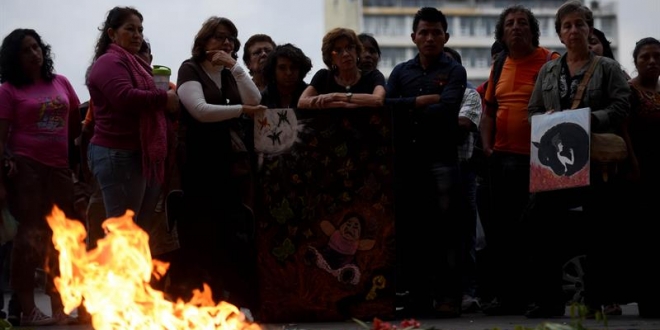
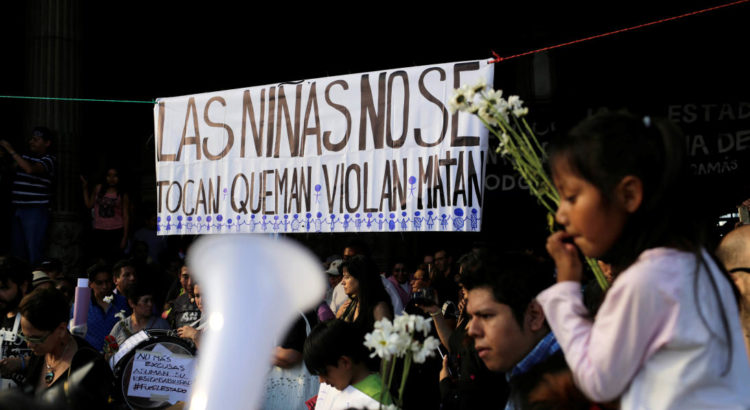



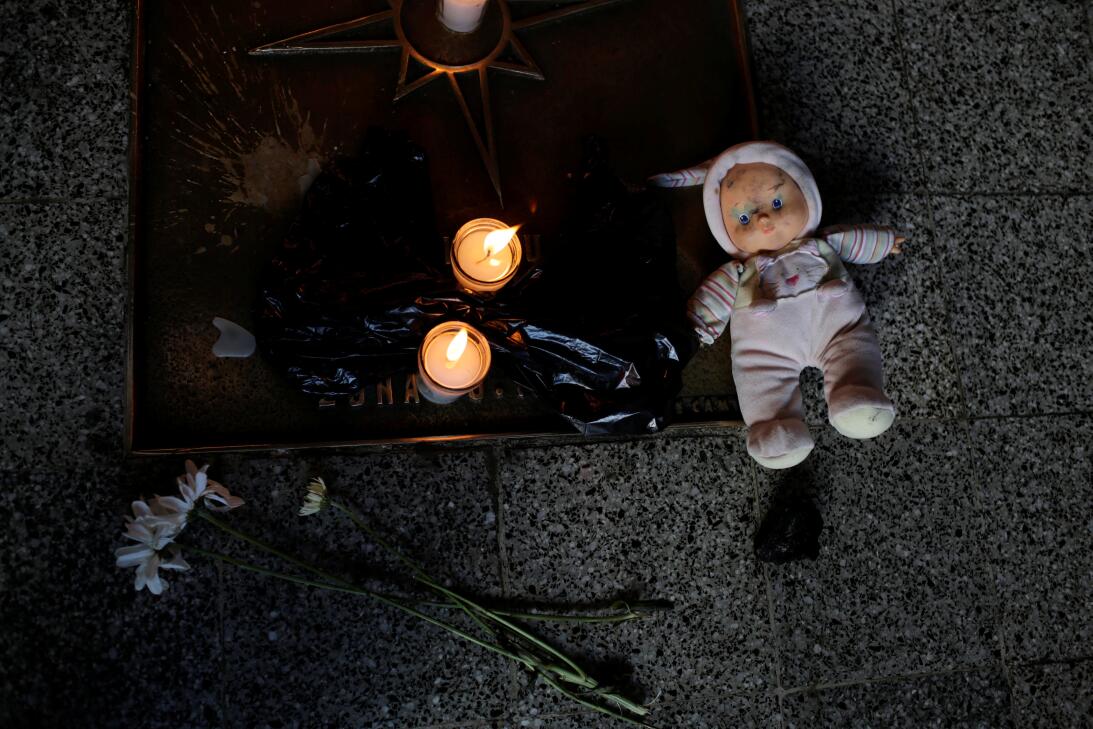
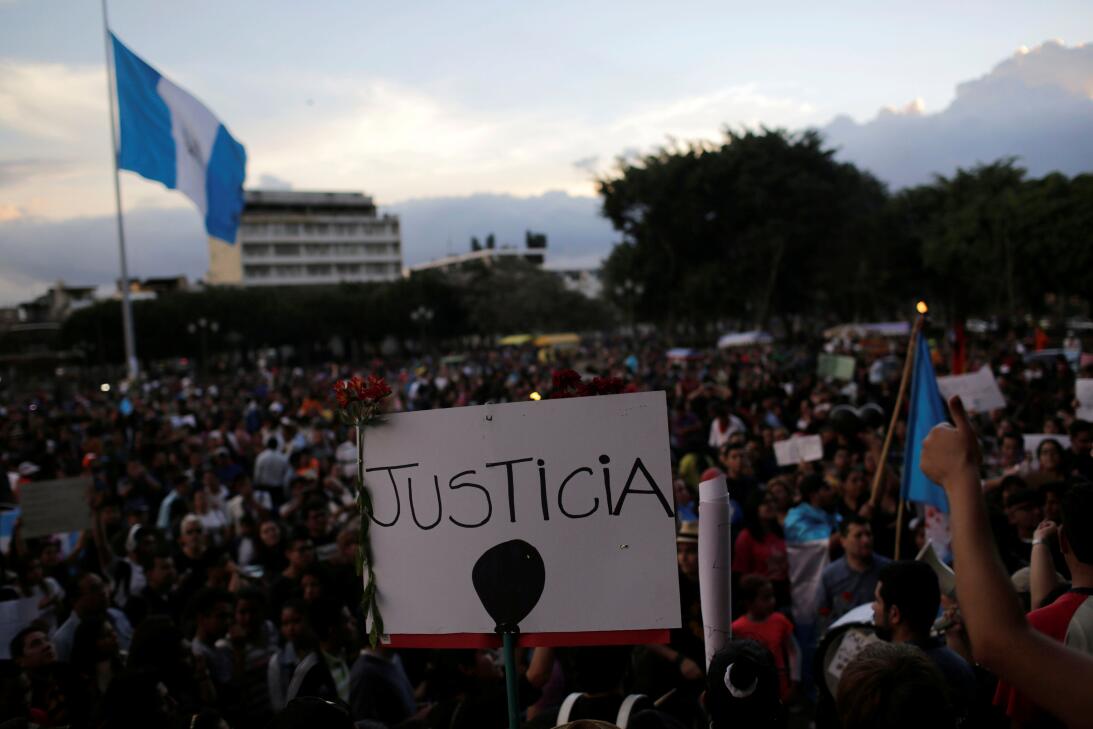
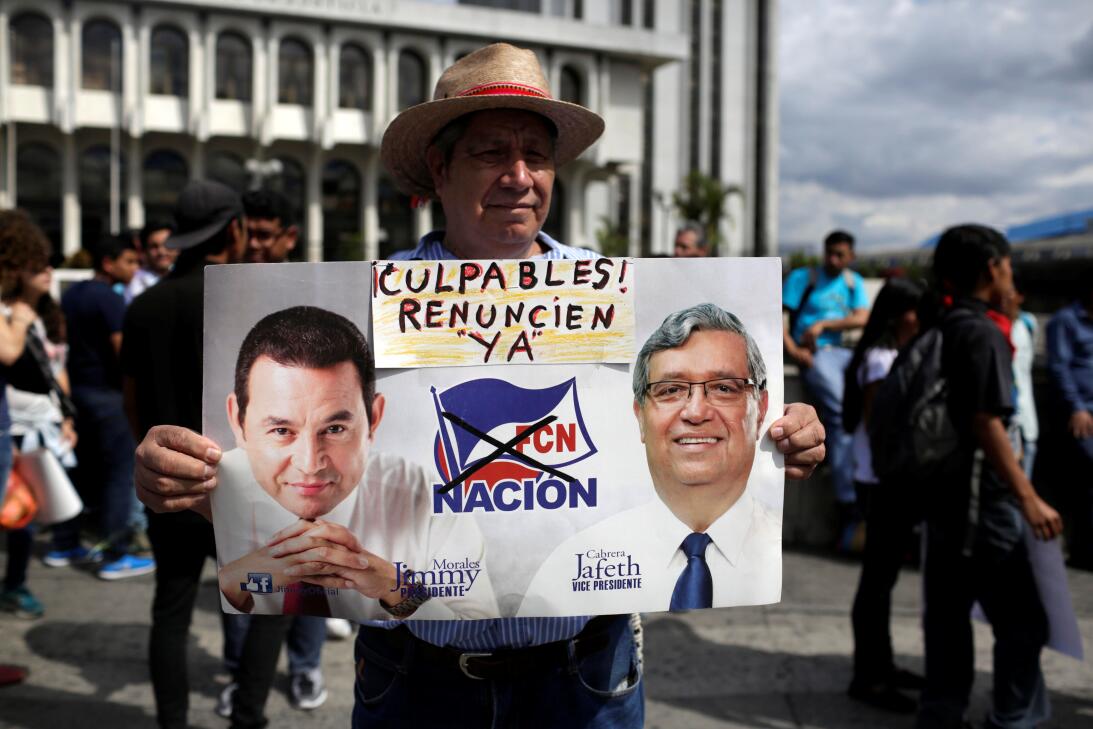
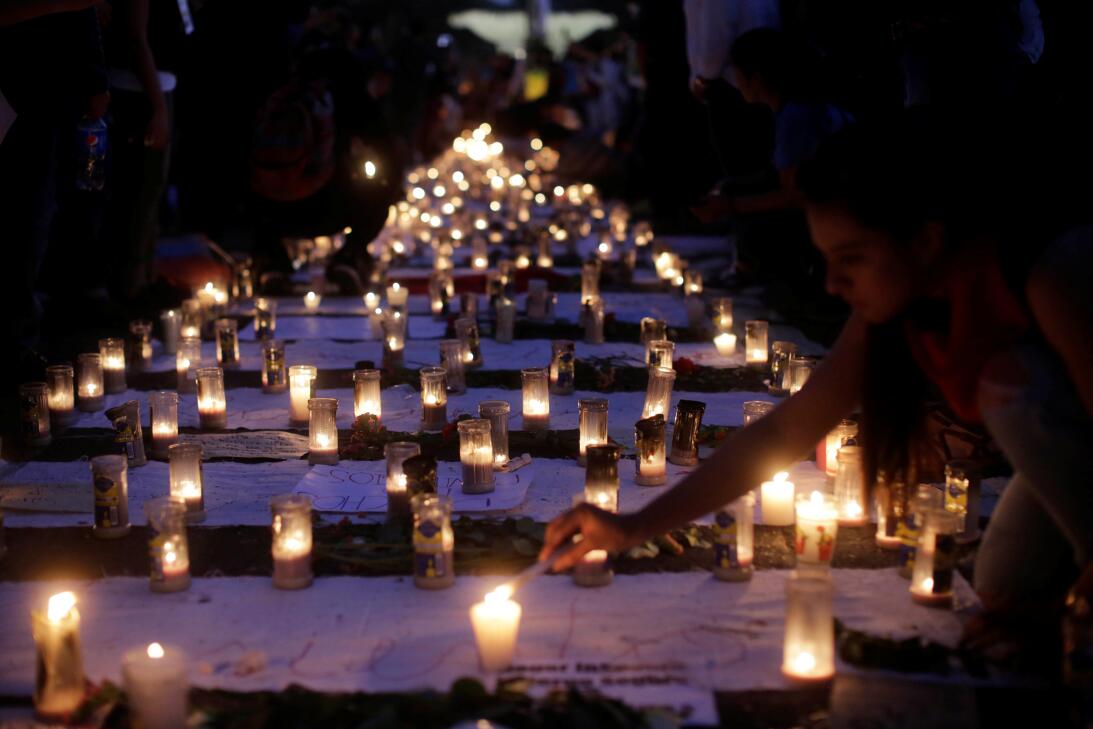
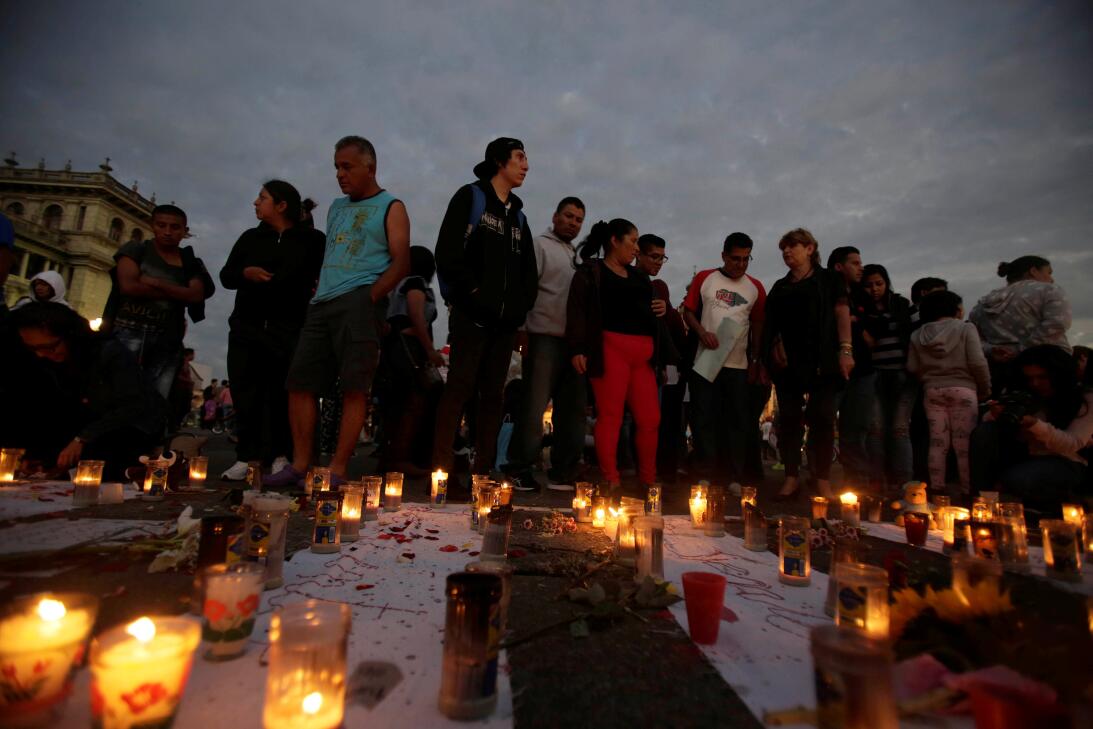







 Users Today : 18
Users Today : 18 Total Users : 35460149
Total Users : 35460149 Views Today : 31
Views Today : 31 Total views : 3418814
Total views : 3418814